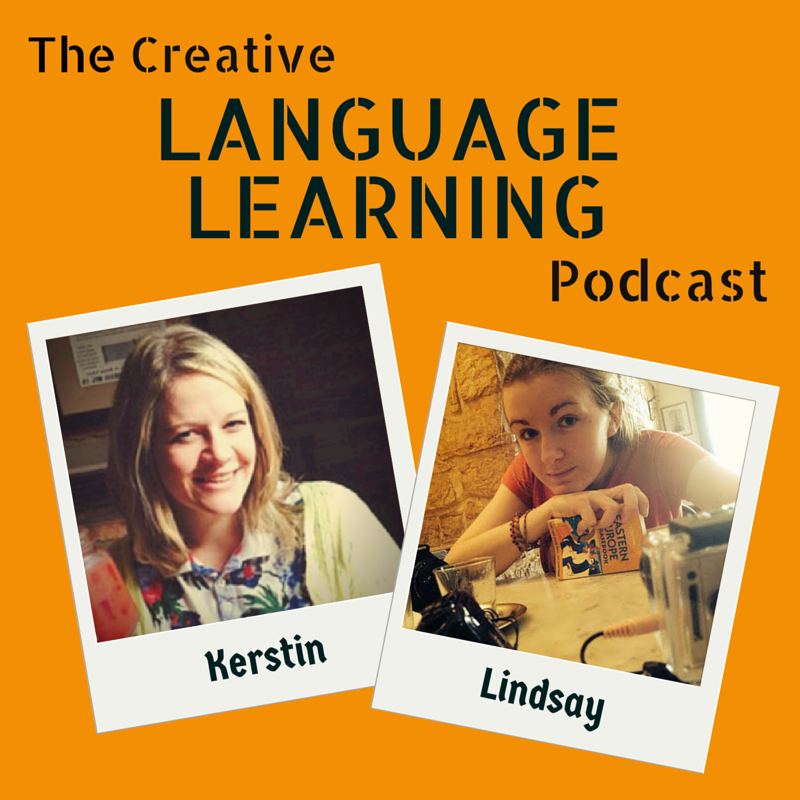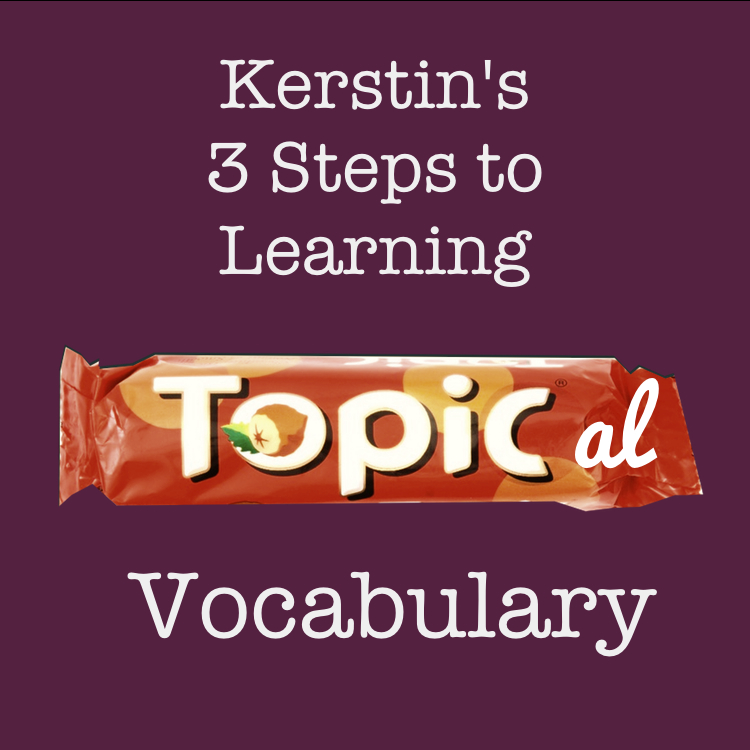In this article, I'm sharing three ways that were very successful for me for learning languages in the past 20 years. Which one is your favourite? Let me know in the comments!
1. Be accountable and smart with your lists
This one is for the times when you feel like putting in the graft of language learning - and so you should!
Vocabulary lists are crammy and annoying and remind you way too much of high school, but you know what? That part of your teacher's methods wasn't all bad. Surprise pop quizzes and learning words by rote have their place, because the method establishes important routines and reminds you that language learning requires accountability. It also has an even more important use: applying your words.The reason no one ever managed to learn a language from someone who points at stuff and names it is that this taught them zero about making sentences.
So when you are writing a vocabulary list and doing your own revision, here's what you need to do:
- Commit yourself to knowing at least 90% of all the words in your list before you move on to another
- Ask someone else to quiz you on this so you don't cheat
- Keep lists in a file for repetition after a set a mount of tim after a few weeks
- Write down the prepositions and other connections that go with a particular verb. For example, don't just study the German word "auf" but connect this knowledge with the cases it corresponds to.
2. Build strong associations
This technique is as old as the hills and still completely under-appreciated because it just feels contrary to instinct. So let me surprise you by saying: yes, it works to remember a word through a really complicated picture or idea. The trick is to make it something that makes you smile.
For example, a student and I once tried to find a good way of relating to the French word for cloud, which is "nuage". We decided that, since the word sounds a little like "new age" in English, we could think of hippies...in a cloud.....of smoke! Since then, I have been completely unable to forget the word.
3. Relax already!
The best way of remembering is when something's fun or relaxing. We have seen this in students successfully using music, poetry, art and stories for their vocab. Want an example? What do you think of when I write #thicke? Gotcha. Think of Fluency MC - relax, repeat, remember. It works. But the key to making things stick with this technique is that you must follow the most important rule to get the best results:
Know your limits!
Repeating what you learn is great, but it's based on not trying hard. As a result, you have got to take the "relax" part very seriously. Make sure you don't try to push towards ambitious goals - one word per song will be fine, after all you weren't really trying anyway. Repeat a few things that you really love, not 1000 things that you feel indifferent about.







